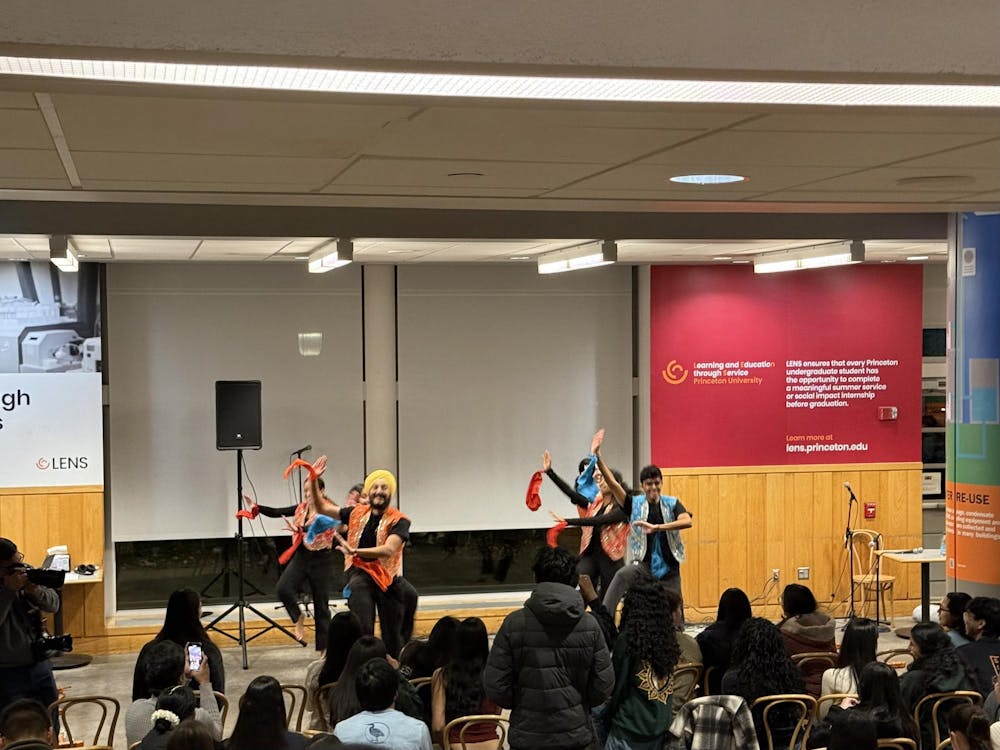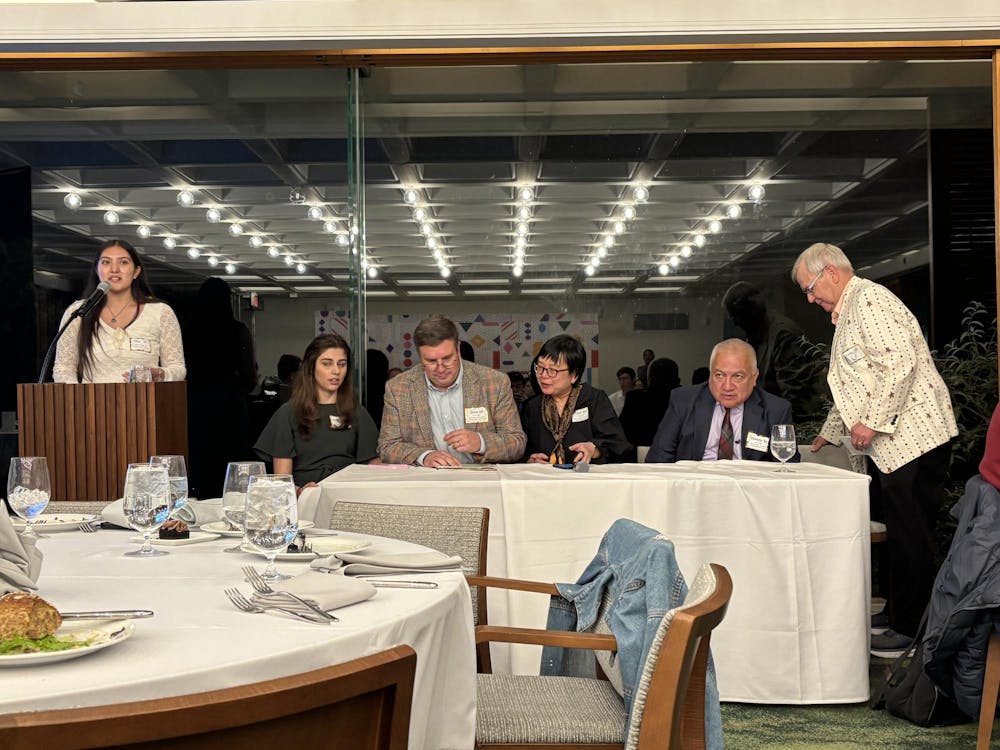In an op-ed yesterday, my fellow student Sam Aftel ’19 condemned the weaponization of campus free speech to sow what he perceives as hatred and division. Noble goals, to be sure, but I must dissent quite strongly from much of what he says.
For the purposes of this response, I leave aside the constitutional questions implicated by the sequence of Berkeley incidents that he cites. Instead, I will focus on the broader issue of campus speech at private universities like Princeton that are not legally or constitutionally bound to tolerate dissenting speech in quite the same manner as are public institutions like Berkeley.
I take significant issue with Aftel’s account on two fundamental points: his employment of the “cruelty and hatred” standard and the prescription he proffers to enforce it. Barring a few core issues, definitions of cruelty or hatred are politically motivated and ambiguous matters of mind. How, precisely, is one to police the standard of hatred, bigotry, or cruelty or distinguish, in any meaningful capacity, between honest political dissent and speech that “targets people for…basic humanity”? By his standard of hate speech, which he offers but passingly, is it hate speech to debate whether the Constitution indeed grants birthright citizenship under the Fourteenth Amendment? What about views that strongly denounce family-based immigration, call for unprovoked war, condemn Roe v. Wade, or oppose universal, government-sponsored healthcare, which many believe to be a matter of “basic humanity”? What of speeches that call on citizens to tear down their capitalist oppressors or those that insist on the “violence” of white privilege? It is easy to claim that these hotly contested political positions are non-substantive positions of hatred — harder, it is, to justify that Aftel’s standard of hatred has been applied objectively and from a politically detached, morally transcendent plane of reasoning. In case it was not sufficiently clear, I will readily admit that I speak from a conservative vantage point. As one whose political view is outnumbered 30:1 at this university, I vigorously oppose arbitrary standards enforced by political mobs merely because they might construe a dissenting view as fundamentally driven by hatred or malicious intent. That is simply an unsustainable environment in which to conduct a university education centered on free, fearless, and even uncomfortable inquiry.
Now, like many conservatives, I find Milo Yiannopoulos to be a vapid intellectual force who profits solely from the notoriety of his tedious personality. I understand this and concur with Aftel on as much. But unlike Aftel, I never assume that I speak for more than myself and, if a group of students truly wants to hear him speak on campus, it is hardly practicable for me to satisfactorily apply my own standards of intellectuality or mens rea standards of malice. As for the special concern of exposing undocumented students, a specifically tailored judicial enjoinment achieved through due process would alleviate most concerns in that department. Even accounting for constitutional and statutory provisions, a decent lawyer would have been able to make a good case to prevent Yiannopoulos from divulging the contents of that list — if indeed his claim of its existence was true and not merely a provocative device like the remainder of his work so clearly is.
I will not dwell on, but briefly point out, Aftel’s cherry picking instances of “campus free speech strife” to suit his narrative. Even by his fairly arbitrary standards, the events at Evergreen State University and Middlebury College hardly warranted the mob responses they received.
Finally, the question of what to do. I claim above that neither speech nor its contents ought to be subject to political approval, subjective and undefinable standards, or the ability to satisfy a local mob. Instead, I offer this: the answer to undesirable speech is not censorship. It is more speech. In other words, do not drown them out with screams — do so with ideas. Aftel presents the cancellation of provocative events as the best-case scenario. But is it really so? Pull their platforms today and they will find three more by daybreak. Worse still, they might come upon a stage with none to challenge them and all to follow. But destroy their ideas today in the public eye and their intellectual legitimacy will dissipate instantaneously. If we wish to defeat what we believe to be hate speech and repugnant ideas in any manner of permanence, it is insufficient and counterproductive to merely prevent an espouser of such views from speaking here. We must draw them out to the public square and ensure that, once we are done with their ideas, they are left with nothing to say. So, don’t prevent them from taking the stage. Get on there with them. Podiums and microphones are fairly unlimited resources in this country. Deeply-considered and well-defended positions, however, are in exceedingly short supply. Destroy and discredit their bad ideas today, and all the platforms in the world cannot save them.
I will end on a note of general agreement. I join Aftel in urging the Class of 2022 to “refrain from exploiting free speech as a mechanism of cruelty and hatred.” But, at the end of the day, the only legitimate judge in most matters of thought and speech is yourself. Never give in to hatred or the desire to meaninglessly incite. Speak well, speak freely, and speak substance. Strengthen your positions, not your provocations, and ensure that your ideas make their strongest case for themselves. Try to win people to your view, not enrage those all around. But, above all, never let intimidation or fear dictate to you the terms of your inquiry. Stand up for yourself but always stand up for what you believe is right.
Akhil Rajasekar is a sophomore from Bethel Park, Pa. He can be reached at akhilr@princeton.edu.








